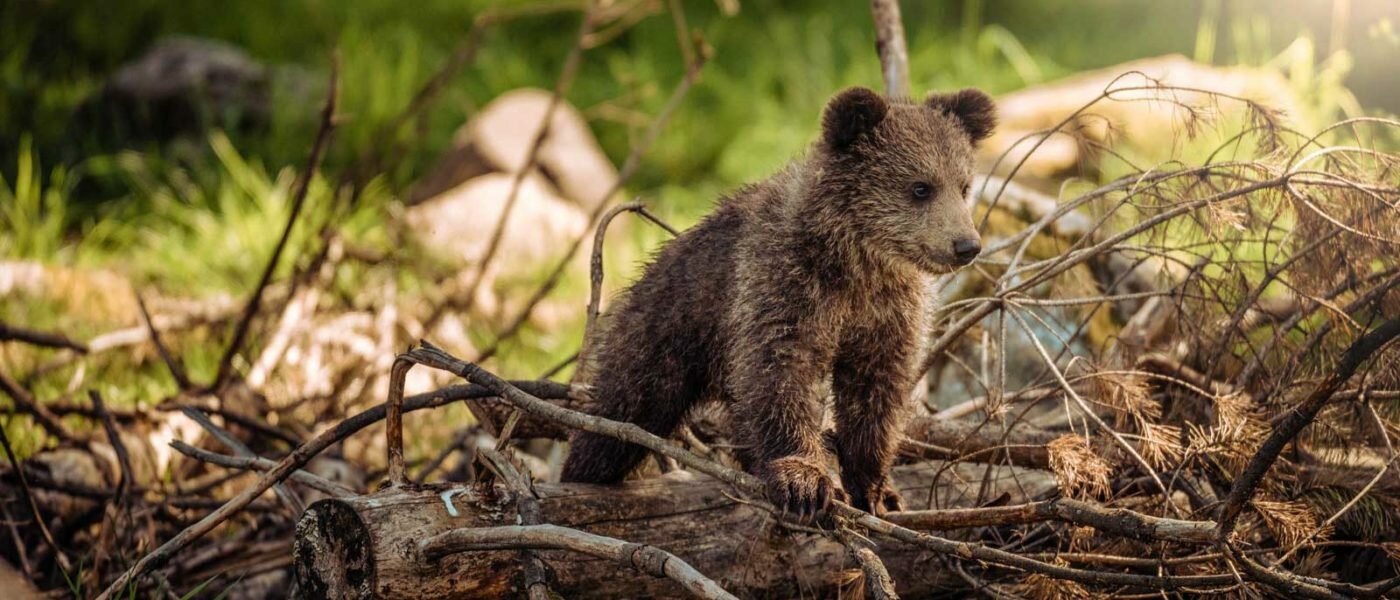In Brief
Vision
To establish a truly transformational approach to conservation that benefits both wildlife and humans, and that combines structural change with grassroots solutions to promote co-existence, (cultural and bio)diversity and justice
Mission
To understand ecological, social and political-economic dynamics that shape and are shaped by conservation. We do this to identify and nurture existing and potential new strategies that benefit both wildlife and humans and enable them to co-exist in complex situations.
With this, we aspire to connect and open political space for discourses and practices that integrate (cultural and bio)diversity and justice into conservation. The broader aim is to promote structural transformations and grassroots ideas to address environmental degradation and global inequalities.
Convivial conservation
Convivial (literally: ‘living with’) conservation offers a new approach to understanding and practicing environmental conservation. This website explains the CONVIVA research project, which is part of the broader convivial conservation movement. The research project focuses on transforming conservation for co-existence, (bio)diversity and social justice around four species: jaguars in Brazil, bears in California, wolves in Finland and lions in Tanzania.
In Depth
Reconciling environmental conservation and economic development is a key challenge in any transformation to sustainability, as exemplified by the . Yet research demonstrates that the current conservation estate, encompassing approximately 12- 15% of the Earth’s terrestrial surface, is woefully inadequate to halt the sixth great extinction crisis currently underway. Hence, the has called for expansion of conservation areas to include at least 17% of the earth’s surface. Funding for this expansion is severely lacking, however, while critics assert that it would still be far too little to redress biodiversity loss.
As a result, many conservationists now argue that we need to directly address our global economic development model. They point to two fundamental flaws: how it systematically puts pressure on ecosystems and biodiversity and continues to undervalue conservation vis-à-vis extraction and ecological degradation. CONVIVA builds on this crucial acknowledgement that conventional economic development strategies are environmentally damaging and that new models grounded in resource conservation are urgently needed.
This has become particularly important in a post-2008 era of sustained economic uncertainty in which public funding for conservation has been dramatically curtailed in many societies and financial support from the private sector increasingly sought to make up the shortfall.

Yet efforts to develop such models, grounded in market-based instruments (MBIs) such as ecotourism and payment for environmental services (PES), have proven insufficient in generating the necessary funding to counter more lucrative environmentally harmful enterprise as well as in addressing poverty alleviation alongside conservation. They have also often failed to generate the political support required to make new conservation measures more democratic and effective.
It is clear that an alternative model is needed that goes beyond protected areas and faith in markets to incorporate the needs of humans and nonhumans alike within integrated landscapes.
Towards Convivial Conservation
Our proposal for convivial conservation is a response to this need for an alternative model that goes beyond protected areas and market-based instruments, incorporating the needs of humans and nonhumans alike in integrated landscapes. The concept calls for consideration of new ways to transform mainstream forms of economic development, while at the same time transcending human-nature divides.
The CONVIVA research project led by the Wageningen University team is part of the broader movement towards convivial conservation. CONVIVA operationalizes this bold ambition by generating, studying and integrating global and local data and knowledge on the conservation and reintroduction of apex predators in diverse contexts. Apex predators are keystone species, crucial for maintaining ecosystem health, which is why this research project focuses on jaguars in Brazil, bears in California, wolves in Finland and lions in Tanzania.

They have also long inspired fascination, cultural imagination and fear, thus often acting as flagship species for broader conservation efforts. Yet their large range and dietary requirements often put them into conflict with people. The many dimensions of living with apex predators are therefore a key challenge for convivial conservation in practice. By studying these dynamics across cases in four countries on different continents with diverse political, economic, social and ecological conditions, CONVIVA will integrate existing and newly generated data to inspire and enhance broader transformations to sustainability.
All this translates into four main research questions (RQs):
- How are combined effects of austerity, habitat fragmentation and human-wildlife conflict influencing global conservation debates and policies?
- How do these dynamics affect the relations between apex predators and people in diverse local contexts?
- What common patterns and lessons for effective conservation can be learned from comparison across these different sites?
- What novel landscape, governance and funding mechanisms can be developed or scaled up to address both global and local challenges in pursuit of convivial conservation?
